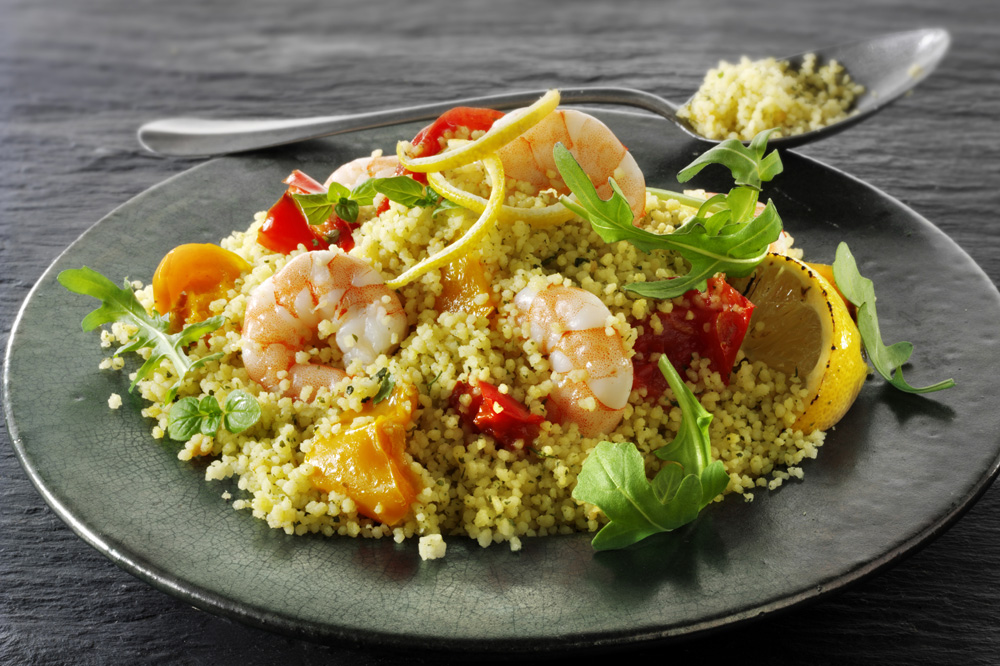
Here is a wide range of nutrition tips on what to eat and what to avoid to stay in shape during Ramadan and ensure adequate nutrition.
1. Watch your weight: Even though Ramadan is the month of fasting, most people treat it as an opportunity to eat whatever they want, leading to weight gain. Limit those sweetened beverages, avoid fried food and other foods that won't deliver much nutrition like refined carbohydrates. If you want to treat yourself to sweets, wait for a few hours after your main course and be moderate. Additionally, watch your portions and be picky at social gatherings as people tend to eat more when there’s company. Stay active by going for walks after you have digested your food.
2. Stay Hydrated. It’s better to drink lots of fluids during the non-fasting hours to meet your fluid intake requirement and prevent dehydration, something like eight to 10 cups. Plus breaking your fast with water and other hydrating food will prevent the need to binge on less nutritious, fatty foods. You don't need to make it a drinking competition though. Soups, stews and water-packed produce, such as tomatoes, cucumbers, lettuce, watermelon and oranges hydrate your body too.
3. Remain energised: Breaking your fast with three dates, known as the Prophet’s (PBUH) tradition, will give you an instant burst of energy, and what’s more, dates are a great source of fibre. Dried fruits and nuts are also packed with energy. Getting a good night’s sleep is also important for your concentration and work performance, especially since you can’t reach for that morning cup of coffee.
4. Include food in your Suhoor: Including food in your Suhoor will keep you fuller during the fasting hours. A good way to delay hunger pangs is to eat protein and fibre during the pre-dawn meal. Make sure this meal is rich in slowly absorbed carbohydrates, such as whole grain breads, rice and whole grain cereals that can help maintain your blood sugar levels. Plus, don’t forget to add some low fat yogurt, a great source of protein and calcium, which will help prevent thirst throughout the day.
5. Balance your meals: Your meals should include healthy carbohydrates, sources of protein like meats, legumes, eggs and dairy products, vegetables, fruits and healthy fats. Try and add in complex carbohydrates to each of your meals too, such as rice, potatoes and burghul. They help release energy slowly during the long hours of fasting, ensuring you have a stable level of glucose in your blood stream for several hours. Fibre-rich foods are important as well as they are digested slowly, so munch on bran, cereals, whole wheat, grains and seeds, potatoes with the skin on, vegetables such as green beans and almost all fruit, including apricots, prunes and figs.
















